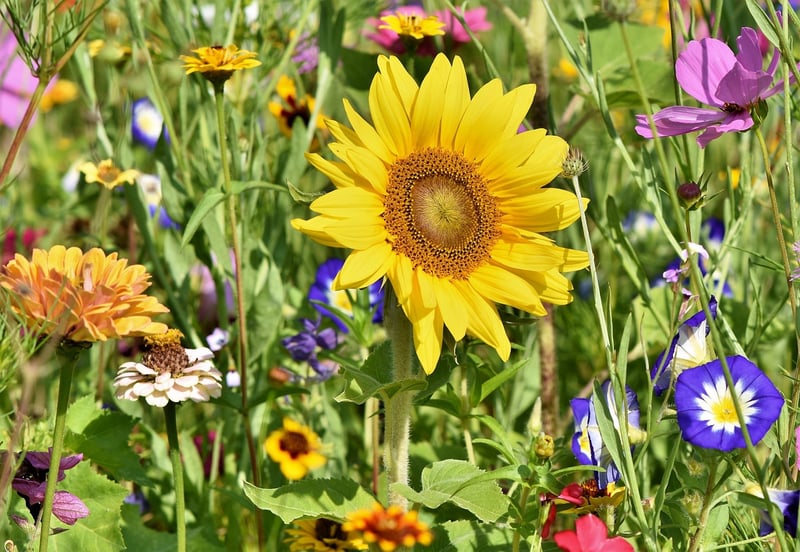Preventive Measures
Protecting Your Garden: Preventive Measures
Gardening is a rewarding hobby that brings beauty and tranquility to your outdoor space. However, maintaining a garden also comes with challenges such as pests, diseases, and other threats that can harm your plants. To keep your garden healthy and thriving, it's essential to implement preventive measures to protect it. Here are some tips to help you safeguard your garden:
1. Choose Resilient Plants
Start by selecting plants that are well-suited to your local climate and soil conditions. Resilient plants are less susceptible to diseases and pests, making them easier to care for and maintain in your garden.
2. Practice Crop Rotation
Rotate the location of your crops each season to prevent the buildup of pests and diseases in the soil. This technique helps maintain soil health and reduces the risk of plant-specific issues.
3. Provide Proper Watering
Water your plants deeply and infrequently to encourage strong root growth and discourage shallow rooting. Avoid overwatering, as it can lead to root rot and other water-related problems.
4. Mulch Your Garden
Apply a layer of organic mulch around your plants to regulate soil temperature, retain moisture, suppress weeds, and improve overall soil health. Mulch also acts as a barrier against certain pests.
5. Attract Beneficial Insects
Encourage beneficial insects like ladybugs, lacewings, and predatory wasps to your garden by planting flowers that attract them. These insects help control pest populations naturally.
6. Monitor Your Garden Regularly
Inspect your plants regularly for signs of pests, diseases, or other issues. Early detection allows you to take prompt action and prevent problems from spreading throughout your garden.
7. Use Natural Pest Control Methods
Avoid harsh chemical pesticides and opt for natural pest control methods such as insecticidal soaps, neem oil, and homemade remedies like garlic spray or companion planting.
8. Install Physical Barriers
Protect your garden from larger pests like rabbits, deer, and birds by installing fences, netting, or row covers. These physical barriers can help safeguard your plants from being damaged or eaten.
By following these preventive measures, you can create a healthy and thriving garden that is less vulnerable to pests, diseases, and other threats. Remember that a little proactive care goes a long way in protecting your garden and ensuring its beauty for years to come.

For more gardening tips and inspiration, check out Royal Horticultural Society.
